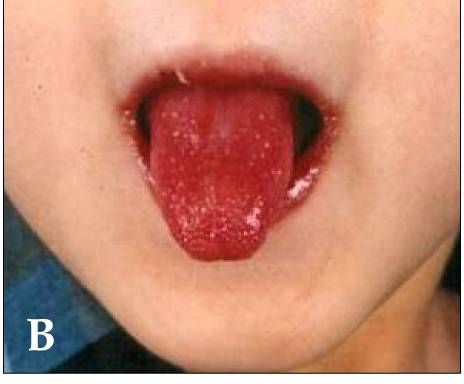Several cases of Kawasaki disease, which may be linked to the coronavirus (Covid-19), have been notified in Belgium, according to Dr Yves Van Laethem, infectious diseases specialist and one of the spokespersons for the crisis centre.
Kawasaki disease, also known as mucocutaneous lymph node syndrome, affects blood vessels throughout the body, which become inflamed. It mainly affects children under the age of five, and boys more than girls.
The cause of the disease is not known, but it is thought it may result from an auto-immune response to an infection. Studies in the United Kingdom and Germany suggest there has been a slight increase in the number of cases since the start of the Covid-19 pandemic.
The crisis centre’s other main spokesperson, Professor Steven Van Gucht, said the existence of a link is “absolutely not certain”.
“This is a very rare condition,” he said. The syndrome affects people of Asian ethnicity most, and incidence is higher in Japan than anywhere. People of Afro-Caribbean ethnicity are also more affected, though not to the same extent. Other than those, the numbers of those affected vary from country to country, and can be as low as eight cases per 100,000 of the population.
The main symptom is fever that does not respond to the usual fever treatments and can last for days. The main signs are redness of the eyes, lips and tongue, producing the trademark ‘strawberry tongue’.
The disease is not infectious, and the child recovers after treatment with aspirin and immunoglobulin. Children may also recover spontaneously, although that can be followed by heart problems.
The alarm was raised earlier this week by the Belgian society of paediatricians, warning of the appearance of some ten cases. They made clear, however, that the appearance of Kawasaki is not a reason to avoid sending children back to school when the time comes.
“The paediatricians insist that this is an extremely rare complication on the one hand, and on the other than it is not at all clear that the illness is linked to the coronavirus, since patients have tested negative,” Dr Van Laethem said.
In any case, the doctors stress that if a child has a persistent fever, sometimes accompanied by vomiting and diarrhoea, parents should contact their family doctor.
Alan Hope
The Brussels Times

